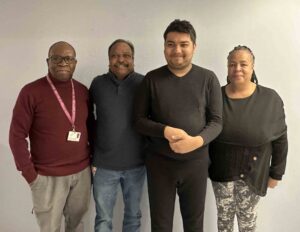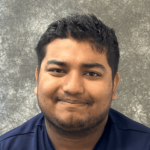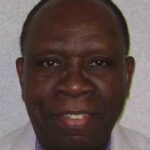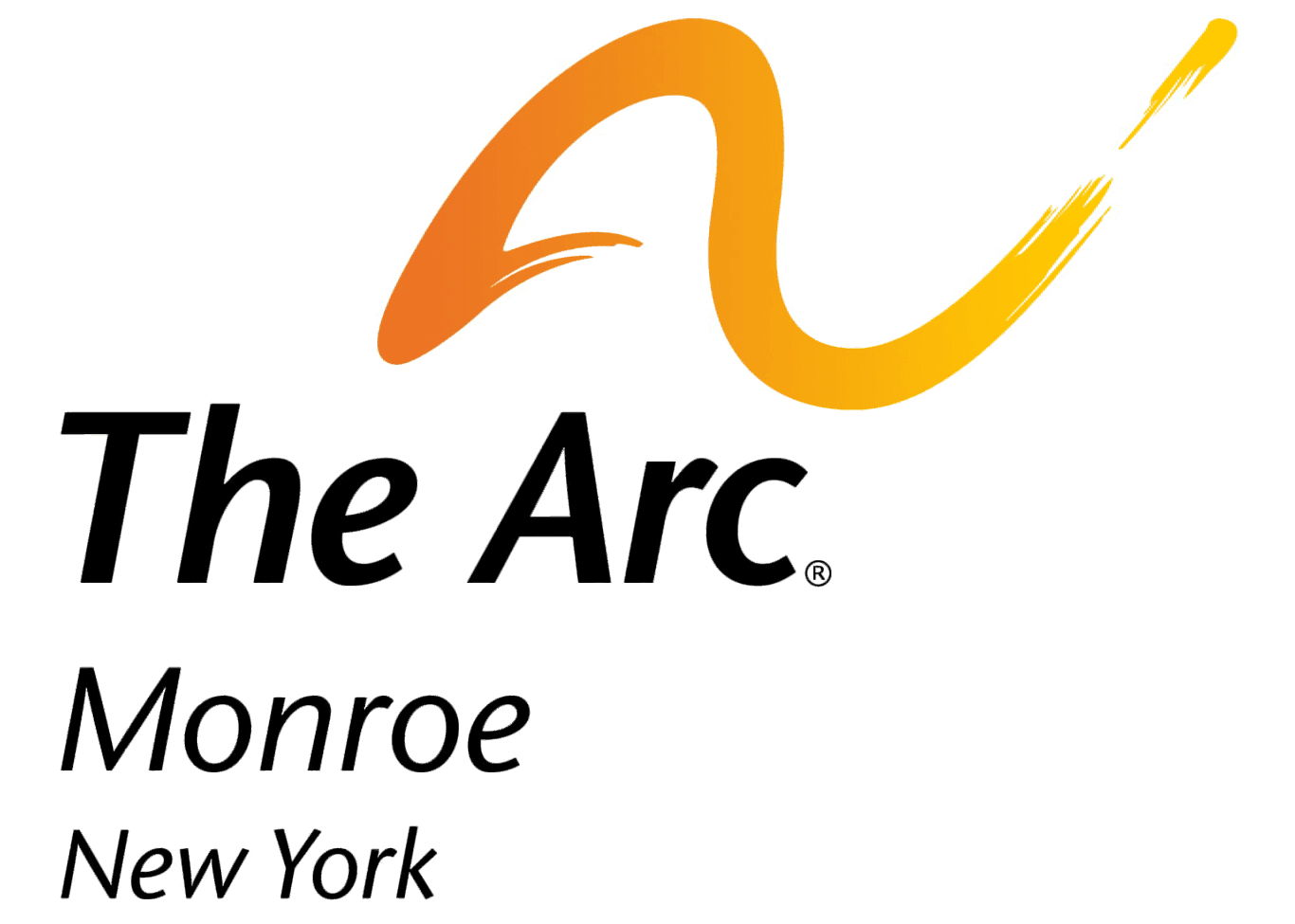Around the world, societies continue to work towards progress when it comes to providing people with disabilities access and opportunities.
Some countries, however, have a longer way to go than others. A group of staff and people supported from The Arc of Monroe’s Community Connections program spoke about what people with disabilities experience in different cultures.
Samraj (Sam) Abraham has been working with The Arc of Monroe for 5 years and his cultural background is Indian. He said growing up in India, he found the way people there treat people with disabilities all comes down to their religious beliefs. This contrasts with the Western perspective that focuses more on medical discoveries. He says people believe disabilities are connected to the term “karma,” which means your good deeds in life. Sam says the belief is if you do good, you receive good karma. Disabilities would then be seen as a consequence of bad karma.
“That means either them or their relatives or family members didn’t do good enough in the previous life. So, they are bearing the fruits or the consequences of their past life,” says Sam.
Sam says this belief system is so deeply rooted in the Indian culture, people tend to look down on people with disabilities there, as well as any family members, given the karma could have been attributed to any one of the relatives.
Animesh (Ani) Garg who is supported by The Arc of Monroe and also has an Indian background, goes back to India for vacation once a year with his family. They have personally faced some of this disdain from the community there.
“People look at me differently. I feel uncomfortable,” says Ani.

Wilber Boafo is a member of The Arc staff as well, with a Ghanaian background. He says generally people with intellectual and developmental disabilities in Ghana are stigmatized. Similarly to the Indian ideology, in Ghana, the people believe the reason for someone to have disabilities is due to an ancestral curse coming from previous generations.
“This stigmatization is usually also affected and influenced by parents so sometimes parents go the distance of dumping their kids. Some of them go in (the forest) and kill them,” says Wilber.
And for those that survive, they are usually labeled as “stupid” or “weak and feeble.” They are also hardly involved in the community and aren’t allowed to attend schools.
For both India and Ghana, there have been recent developments in an effort to become more inclusive and better understand disabilities. Due to exposure to what other countries are doing, India has begun to look at disabilities through a medical lens, providing facilities and counseling programs, and have begun to promote human dignity to those who have a disability. However, Sam says “they have a long way to go.”
And in Ghana, two women from the United Kingdom, Sigrid Kootstra and Amanda Budge have built an inclusive school called Multikids. The schools involve everyone, those with and without disabilities, and provide them with skills and security. They also bring in psychologists and medical doctors to educate people on how disabilities come about.
Valerie (Val) Largent has been with The Arc of Monroe 14 years, but prior to becoming staff, she had preconceptions about what it would be like. Growing up in a Black community in Rochester, disabilities weren’t really talked about until they got into high school. People with disabilities were just looked at as another member of a family. Val says when they got into high school, students with disabilities would be separated from the other students and that’s when the stigma of people with disabilities being different than everyone else was instilled in her beliefs along with others around her. When her friend told her about a job opening at The Arc of Monroe, she was unsure about applying because of the stigma that people with disabilities were incapable of doing things.
“You would think like aww, you can’t do that. No, I’ll do it for you,” Val says about the mindset people had.
But Val says after she saw the beautiful artwork and quilting done by people supported by Community Arts Connection, another day program at The Arc of Monroe, she realized people with disabilities could do things that anyone could do.
“So, I went from not knowing, to being misinformed, to now I know,” she said.

Samraj (Sam) Abraham has been at The Arc of Monroe for 5 years. He started working as a DSP in Lambert Day Services before moving downstairs to Community Connections. Sam spends his weekends as a minister at his church and in his free time, he enjoys spending time with his family, reading, and listening to people.

Animesh (Ani) Garg has been supported by The Arc of Monroe for a year now. He spends his Saturdays at Temple and going to his friend’s house for learning. He also enjoys horseback riding and playing basketball.

Wilber Boafo has been working for The Arc of Monroe 5 years. He worked in residential for two years, moved to Lambert Day Services where he stayed for two years, before joining the Community Connections team.

Valerie (Val) Largent has been with The Arc of Monroe for 14 years and is the Team Leader of Community Connections. In her free time, she enjoys going fishing and being outdoors. She’s up for anything outside, as long as it’s not camping.
